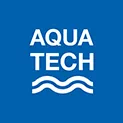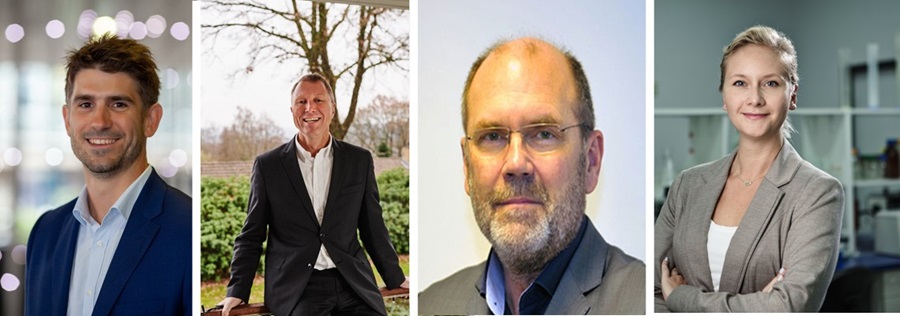Connecting the US to Europe
How will water reuse become essential, not optional, in communities challenged with water scarcity?
What are the key drivers within the food & beverage industry pushing water recycling?
How are progressive water utilities going beyond water recycling, to recover resources including fertilizers?
The third Aquatech BreakOuts event is bringing together an expert panel of speakers from the US, to Denmark and the Netherlands to answer these questions and more.
Around 500 people are expected to register for next Aquatech Online event on August 27 (16:00 CET), entitled: Going Circular: Water & Resource Recovery in the New Normal.
An interactive live event, it will include a healthy mix between water utility and industrial case studies of water and resource recovery.
Panellists include:
- Søren Nøhr Bak, expertise director – water in food & beverage, NIRAS (Denmark)
- Orianna Bretschger, founder & CEO, Aquacycl (US)
- Rik Thijssen, business development manager, Vitens (The Netherlands)
- (Moderator) Tom Freyberg, content director, Aquatech Online (UK).
Driving towards ZERO
With 30 years’ experience in the international food & beverage industries, specialising in water recycling, Søren Nøhr Bak will discuss key drivers and challenges facing the markets.
A notable case study will include Danish brewery giant, Carlsberg, which has been designing what is being called one of the world's most water-efficient breweries, in Fredericia.
Part of Carlberg Group’s ‘Together Towards ZERO Programme’, the brewery is aiming to reduce water consumption from the current 2.9 hectolitres (hl) of water per hectolitre of beer to 1.4 hl of water per hl of beer.
"This will involve not only an innovative technological setup but also an innovative collaboration, including several stakeholders."
This will involve not only an innovative technological setup, to virtually eliminate water waste, but also an innovative collaboration, including several stakeholders.
As well as speaking about the Fredericia project, Søren Nøhr Bak will draw upon his vast experience in the food & beverage sector, discussing water recycling developments across other global projects.
Circular Economy developments in The Netherlands
Rik Thijssen will provide an update on how leading Dutch water utility, Vitens, is addressing water and resource recovery as part of wider Circular Economy ambitions.
The utility has pioneered multiple projects in this area.
In 2012, it led the successful development of humic acid recovery, which became known as HumVi – the process was then applied globally by German biotechnology company, Humintech GmbH.
More recently, a collaboration between Vitens, Aquaminerals and Agrifirm enabled a market introduction for two additional applications for lime: pellets for the agricultural and the feed industry.
- VIDEO: Tour the Kaumera plant that creates bio-gum from water
- Urban water reuse regulations plod ahead in EU
- VIDEO: What is a Circular Economy 2.0?
Lime pellets are extracted from the water treatment process and used to help manage pH levels in agriculture.
Vitens has reported that the pellets are demonstrating "slow-release properties, compared with traditional sources".
Thijssen previously told Aquatech Online that with agriculture being the number one export product in the country, the utility’s key focus areas “are mainly in rural areas covered with agriculture activities”.
Applying fuel cell technology to the sugar industry
Speaking from the US, Orianna Bretschger will provide a perspective from a start-up technology company providing modular wastewater treatment.
"“Distributed energy recovery from commercial food and beverage wastewater treatment is now a very sustainable and affordable possibility.”"
Speaking to Aquatech Online, Bretschger said: “Meaningful distributed energy recovery from commercial food and beverage wastewater treatment is now a very real, sustainable, and affordable, possibility.”
She will provide details of a case study involving sugar industry wastewater, a challenging effluent that makes it difficult to treat or discharge.
“Without proper treatment and/or dilution, the high chemical oxygen demand (COD) will induce depletion of oxygen in receiving water bodies,” said the CEO.
"High brix [dissolved sugar] concentrations make it impossible to discharge wastewater directly to the sewers without pre-treatment, as it can create toxicity shocks to the local utility."
The CEO will discuss how a modular microbial fuel cell solution (BioElectrochemical Treatment Technology) demonstration “far exceeded expectations”.
Net energy recovery from high-sugar wastewater was 25 per cent higher than what is reported from conventional anaerobic digestors, she added.







